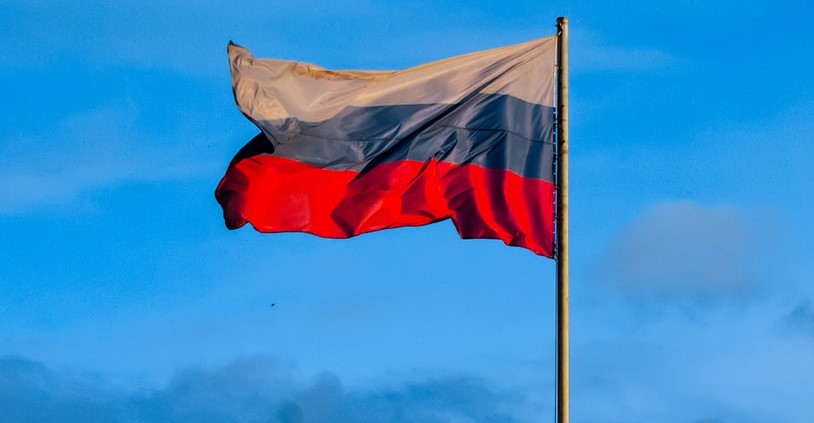Despite promises, years of experience, and measures, it remains child’s play to place advertisements with incorrect information about elections on Facebook from abroad.
The NGO Global Witness once again manages to embarrass Meta. It effortlessly placed ads in Brazil containing factually incorrect information about the upcoming elections. Advertisements that questioned the election process were also accepted.
Global Witness is not ready for its test. It previously showed that it is easy in Myanmar, Ethiopia, and Kenya to place ads with illegal content (for ads in Kenya, among other things, calls for rape were made). The main difference now is that Brazil, given its size and political situation, is seen by Facebook as a priority when monitoring and combating attempts to undermine or influence elections.
In its experiment, the organization sent ten ads to Facebook. Five with false information, such as a wrong election date or incorrect information about how you could vote (for example, by letter). Five others questioned the electoral process itself. Some ads were variants of old ads cited by the Brazilian Supreme Court itself last year as an example of disinformation.
Facebook approved all ten. One ad was rejected but was approved six days later without Global Witness taking action or objecting.
“Our findings remind us how easy it is for bad players to get around measures. Given the importance of the Brazilian elections, Facebook is failing in its efforts to protect Brazilians from this misinformation nightmare adequately.” Said the NGO in a press release.
Although this is a small-scale test, several cases indicated that foreign election manipulation was possible. For example, all ads were placed by an account that Meta did not verify for political ads. This system is therefore easily circumventable.
Also, the location should have been a red flag as none of the ads were set up from Brazil, not even with a VPN suggesting they were. Instead, the organization operates from London and Nairobi. Also, the ‘paid by’ disclaimer was not necessary.
The findings in themselves are not new. But it does show that Facebook is still doing too little to fight disinformation and manipulation on its platform. Even though it invariably says it does. The company told Global Witness that it could not comment because it could not view the full report.
But it says it strongly focuses on Brazil’s October 2 election, with tools to promote credible information and a direct line to law enforcement to review harmful content. In addition, it reiterates that it deleted thousands of posts from Facebook and Instagram when they broke the rules.
That sounds promising, but it was almost the same reaction a few weeks ago when Global Witness did a similar test in Kenya. Facebook regularly repeats that it makes a lot of efforts to combat disinformation, but it has been shown several times that this is not the case.


